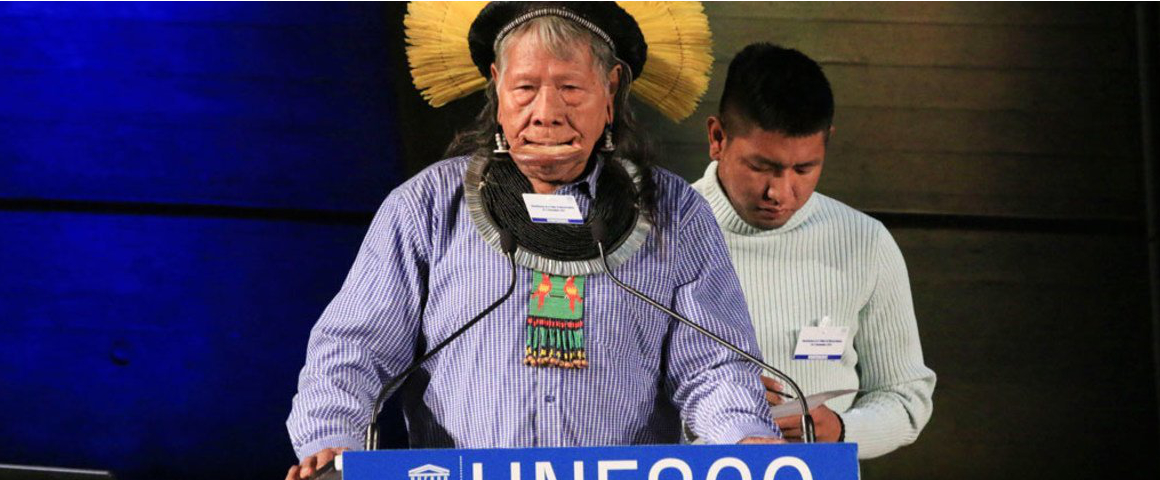By Kimball Cariou
August 9 marked the International Day of the World’s Indigenous Peoples, which was adopted in 1994 by a vote of the United Nations General Assembly. This year is the 30th anniversary of this historic designation, reflecting the growing global movement in support of the right of self-determination for Indigenous peoples.
The date is widely seen as a crucial reminder of the rich cultural diversity, historical contributions and ongoing struggles faced by Indigenous communities. After centuries of resistance against colonialism, imperialism and capitalism, Indigenous peoples still face systemic discrimination, marginalization and violations of their rights. Despite the clear terms of the UN Declaration on the Rights of Indigenous Peoples, the exploitation of natural resources on Indigenous lands continues without fully informed consent in many countries, including Canada.
As UNESCO (United Nations Educational, Scientific and Cultural Organization) points out, Indigenous peoples live in all regions of the world and own, occupy or use some 22 percent of global land area. Current estimates put the total number of Indigenous peoples at nearly 500 million, despite centuries of genocide and assimilation.
While they make up about six percent of global population, Indigenous peoples and nations represent the bulk of humanity’s cultural diversity, speaking over 4,000 of the world’s estimated 7,000 languages, and maintaining a priceless knowledge of plants and animals on their lands.
The 5,000 different cultures which identify as Indigenous face huge economic and social inequities imposed by the history of imperialist oppression. More than 86 percent of Indigenous peoples work in the “informal” economy, compared to 66 percent for their non-Indigenous counterparts. The share of wage and salaried workers is considerably lower among Indigenous peoples (27.9 percent) than among the non-Indigenous population (49.1 percent). Indigenous peoples are nearly three times more likely to live in extreme poverty, and on a global average they earn 18.5 percent less than non-Indigenous people.
At a time when many governments prioritize “reconciliation” and the need for apologies for historic wrongs, these material realities point to a more basic problem. Over and over again, on every continent, the denial of any meaningful right to Indigenous self-determination blocks their ability to freely determine their political status, protect their natural environment and pursue economic, social and cultural development. Only a few countries have taken the necessary steps to obtain free, prior and informed consent before undertaking any projects on Indigenous territories, and to preserve the traditions and languages of Indigenous peoples for future generations.
[Photo: UNESCO]
Support working-class media!
If you found this article useful, please consider donating to People’s Voice or purchasing a subscription so that you get every issue of Canada’s leading socialist publication delivered to your door or inbox!
For over 100 years, we have been 100% reader-supported, with no corporate or government funding.




